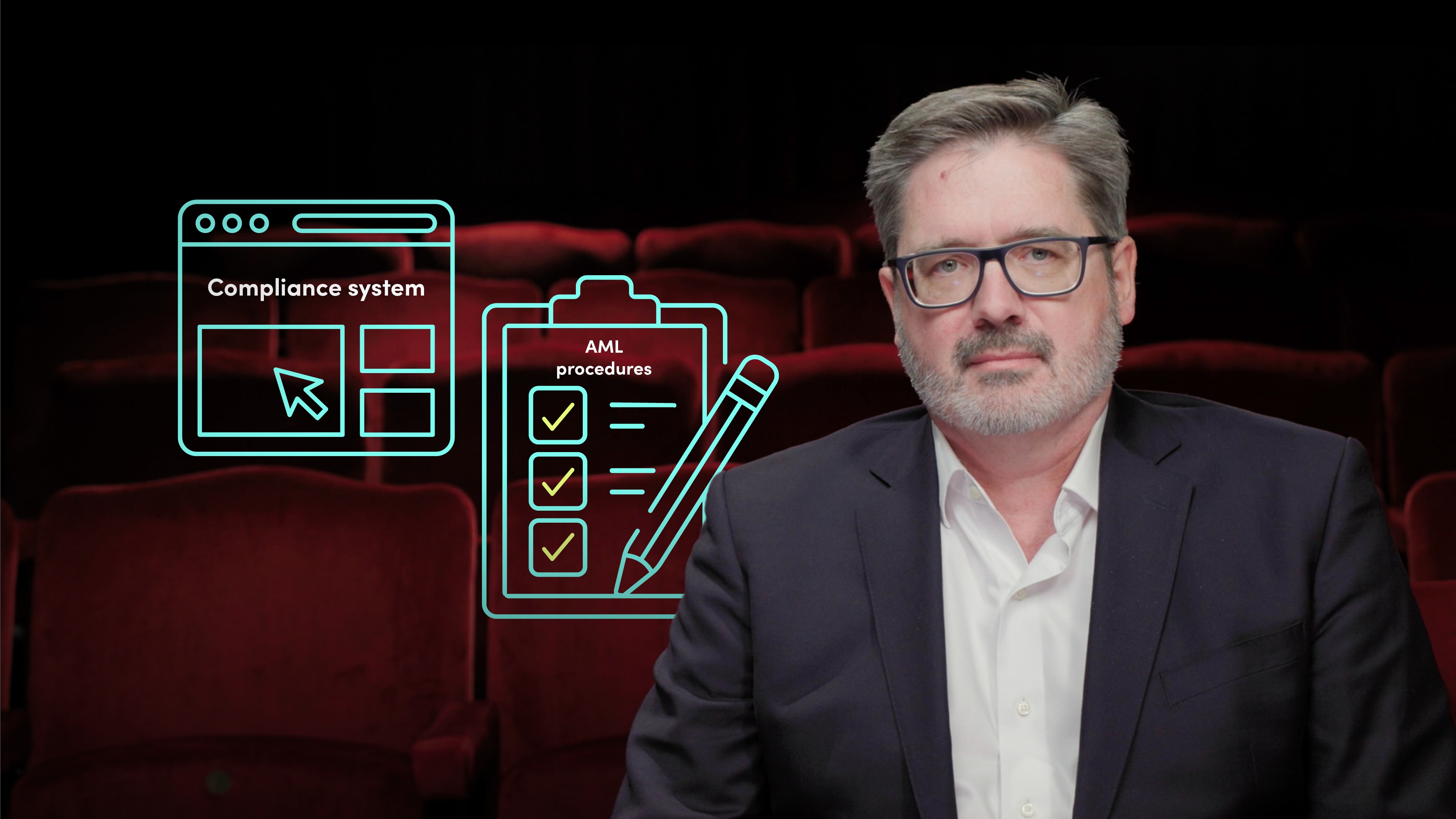
Anti-Money Laundering Case Study

Bill Gallagher
30 years: Credit & banking
The fine imposed on Commerzbank by the UK's Financial Conduct Authority (FCA) for breaching anti-money laundering (AML) rules shows that a firm need not have allowed actual money laundering to merit severe punishment. Simply allowing, whether by choice or even by negligence, a compliance environment where the risk of facilitating financial crimes is heightened can also result in severe punishment from regulators. Regulators will reduce the magnitude of fines for firms that work responsively and cooperatively with authorities to remedy identified problems.
The fine imposed on Commerzbank by the UK's Financial Conduct Authority (FCA) for breaching anti-money laundering (AML) rules shows that a firm need not have allowed actual money laundering to merit severe punishment. Simply allowing, whether by choice or even by negligence, a compliance environment where the risk of facilitating financial crimes is heightened can also result in severe punishment from regulators. Regulators will reduce the magnitude of fines for firms that work responsively and cooperatively with authorities to remedy identified problems.
Subscribe to watch
Access this and all of the content on our platform by signing up for a 7-day free trial.

Anti-Money Laundering Case Study
7 mins 49 secs
Key learning objectives:
Identify the key failures of Commerzbank AG London that led to the huge fine
Understand how the FCA sought to fix the problems
Comprehend the key takeaways from the FCA’s fine on Commerzbank London
Overview:
On the 17th of June, 2020, the Financial Conduct Authority (FCA) fined Commerzbank AG (London) almost £38 million for “failing to put adequate AML systems and controls into place between October 2012 and September 2017”. In this video, we will look at the events and causes leading up to this as well as the remediation project by Commerzbank AG London and the key takeaways from this situation.
Subscribe to watch
Access this and all of the content on our platform by signing up for a 7-day free trial.
Why was the fine against Commerzbank so large?
Commerzbank London had failed to properly address concerns about their AML systems and the FCA found Commerzbank’s failings to be “particularly serious” due to “clear warnings” and guidance which they had neglected despite repeated warnings. Commerzbank London found the bank failed to:
- “Conduct timely due diligence on its clients”
- “Address long-standing weaknesses in its automated tool for monitoring money laundering risk on transactions for clients”
- Failed to have “adequate policies and procedures in place when undertaking customer due diligence on clients.”
Consequently, the FCA found Commerzbank to have breached the FCA’s ‘Principles for Businesses’ (Principle 3), which focuses on management and control.
Remediation project
Commerzbank agreed to work closely with the FCA to investigate and remedy their errors. The FCA had asked Commerzbank to appoint a ‘skilled person’ to independently assess Commerzbank’s financial crime controls along with the FCA and a US monitor. Commerzbank subsequently placed restrictions upon their business dealings and they temporarily ceased taking on new high-risk customers and even halted their work with existing high-risk customers. The bank also stopped new trade finance business activities. The FCA has since agreed that Commerzbank has made significant efforts to reform. Due to Commerzbank’s cooperation and its positive steps to address weaknesses identified, Commerzbank’s fine of 38 million pounds actually is 16 million pounds less than the 54 million that the FCA originally sought to impose.
Key takeaways from Commerzbank’s fine
- The FCA provides firms with prior warning of the FCA’s concern about a firm’s AML procedures before handing down substantial fines.
- A firm need not have allowed actual money laundering to merit severe punishment by the FCA.
- Regulators will reduce the magnitude of fines for firms that work responsively and cooperatively with the relevant authorities to remedy identified problems.
Steps to take to avoid falling foul of the FCA, firms must take note of all FCA guidance, keep up to date all compliance systems and procedures, clearly define the roles of those who are responsible for AML, ensure that sufficient resources are dedicated to preventing money laundering through their organization, all employees, top to bottom, must be well-trained in AML, including awareness of their individual role in money laundering detection and prevention.
Subscribe to watch
Access this and all of the content on our platform by signing up for a 7-day free trial.

Bill Gallagher
There are no available Videos from "Bill Gallagher"



























